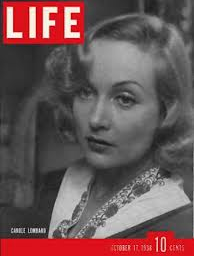
Barbara Stanwyck has an affair with married politician Adolphe Menjou, and subsequently has his baby, in “Forbidden” (1932).
From her first forays into sound film, Barbara Stanwyck was known for her portrayals of strong, gutsy, and independent women. In Illicit, she sleeps with her boyfriend without intent of marriage. In Forbidden, she carries out an affair with a married politician–then gives birth to his child. In Baby Face, she plays a fiery and motivated woman who works her way to the top of a company, entirely through sexual favors. Unapologetic about defending themselves and using guile and sensuality to their advantage, Stanwyck’s characters embodied the spirit of the pre-code era and threw the Catholic establishment into a rage.
Though studios were generally at liberty to film the content they wished (before 1934, censorship decisions were left to state boards), they were ultimately concerned about profit. The Great Depression was taking its toll on the movie business, and with budgets and salaries cut, no one could afford to take the chance of a movie bombing. Catholic groups, including the Catholic Legion of Decency, were handing out lists of films to boycott, and the films of Barbara Stanwyck often appeared at the top of the list. With everyone struggling to stay afloat, it was the moral crusaders threatening boycott who won out the vast majority of the time. When Illicit was released, some local censor boards barred any mention even of its title.
Two young lovers, happy simply living together without marriage, face the societal pressure to marry. Anne (Barbara Stanwyck) is reluctant to, as she thinks it will ruin their spark. Dick (James Rennie) is more inclined, but he respects Anne’s wishes. As the societal pressure begins to come from their own families, they finally do marry–but just as Anne had predicted, their marriage renders them dull toward each other and their marriage begins to fail.
Local censor boards in New York required a good deal of cutting to appease the powerful Catholic moral forces in the state before the release of Illicit, and some cuts were so drastic that parts of the storyline were altered. Many censor boards cut overt references to the couple’s intimacy, and required less suggestive angles to hide any implied immorality on the part of Dick and Anne. The drinking in the movie was also of concern to the censors, who wanted it taken out as it did not “progress the story.” New York was also one of the censor boards objecting to the title of the film, but ultimately the title stayed.
On the heels of Illicit, which understandably sparked a major outcry among religious conservatives and moralists, came Forbidden, potentially an even more scandalous film than its predecessor.

A young librarian, Lulu, meets and falls in love with Bob, a married politician. When she becomes pregnant with his child, she cuts contact with him so as not to burden him or ruin his rising career. But when he shows up at her house one day, her life unravels. For the sake of appearances, she and Bob devise a plan to pose the child as an orphan to be adopted by the Bob and his wife. His wife, none the wiser, gleefully adopts the baby and she is raised as her daughter. Lulu, initially posing as the governess of the child, is let go by the wife for lack of experience. The daughter grows up without ever knowing who her mother was. However, Lulu and the Bob never stopped loving each other, and due to circumstance, she ends up at his deathbed and he dies holding her hand.
Upon its release in 1932, Forbidden was hailed as a “screen masterpiece” by an Italian jury of film professionals and government officials at an international film screening in Milan. It features many of the hallmarks of Frank Capra’s later works, and is a superbly crafted melodrama. However, when Columbia asked for a re-issue in 1935, the request was denied. In “glorifying adultery,” the film was very much in violation of the code. The code further stipulated that any wayward woman was to be punished for her ways, and Forbidden did just the opposite–depicting Lulu as self-sacrificial and noble in her actions toward the politician and their daughter.
One of the last films to be made pre-code was also one of the most risqué. In fact, it is often said that Baby Face might have been the Catholic establishment’s last straw before the implementation of the Production Code, as the suggestions are so explicit that it leaves very little to the imagination.
Lily Powers is a working class girl who runs off to New York and progresses up the corporate ladder by sleeping with all the necessary men. She is involved with none of them, using them only as tools for her own success. She eventually marries a man for his money, but doesn’t realize the way she really feels about him until the end. She is portrayed as a smart, cunning, and resourceful woman, and her use of men to get what she wants is shown as a positive and almost necessary trait.
The original cut of Baby Face was deemed too inappropriate for state censorship boards in 1933, and failed to pass the New York board due to its unabashed sexual content. Changes were made to comply with the up-and-coming production code, including a modified ending with Lily losing everything and atoning for her sins, living a modest life in her hometown. But the censors could remove little without damaging the entire movie, as the sexual content is the very thing that drives the story forward.
Another unique factor in this movie is the relationship between Lily and her best friend Chico, an African American woman from her hometown. The two join forces and run away to New York, and are fiercely loyal to each other throughout the movie. Interracial relationships of any kind were extremely rare in any film prior to the lifting of the production code in 1968, and this relationship between Lily and Chico is a lovely note in the film that serves to soften the hardened character of Lily into an emotional, feeling human being with a treasured best friend.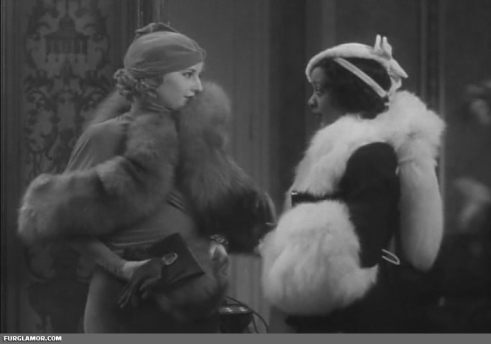
See you next time!

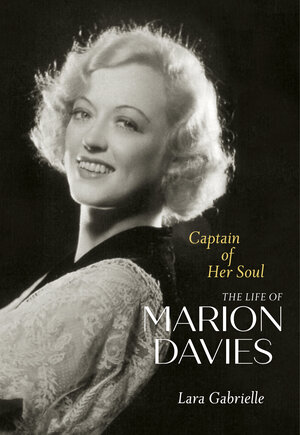















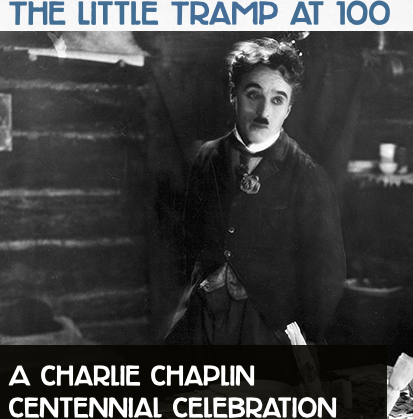

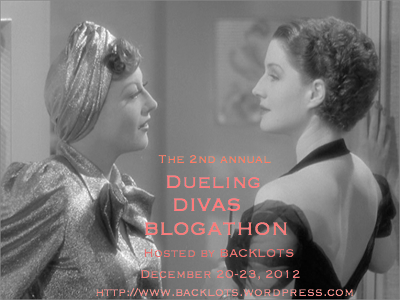







_03.jpg)
